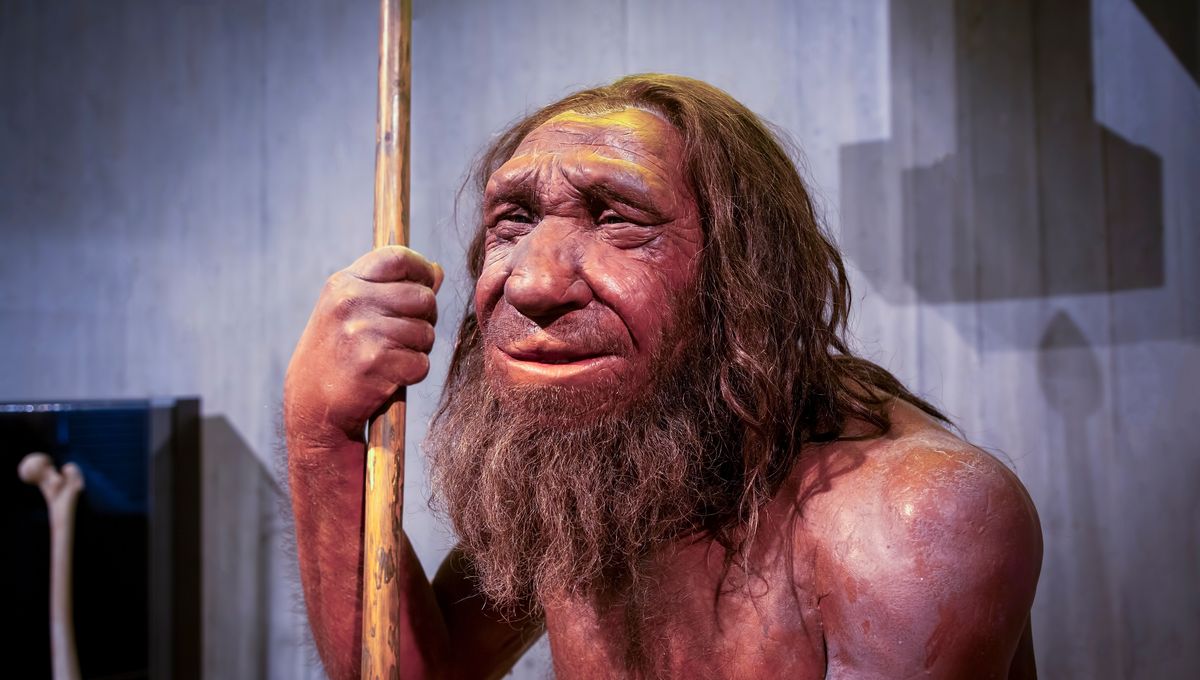
With remnants of their DNA living on in us, the lives of Neanderthals (Homo neanderthalensis) and humans (Homo sapiens) are intrinsically intertwined – but exactly how long were the lives of our extinct relatives? It’s not like birth and death certificates were a thing 40,000 years ago, so how can we figure it out?
According to a 2019 study from researchers at CSIRO, Australia’s national science agency, we can get an answer using the power of genomics. “If we know a species’ genome sequence, we can estimate its lifespan based on a special type of DNA change called DNA methylation,” said study author Dr Ben Mayne in a statement.
DNA methylation is what’s known as an epigenetic change, something that affects the expression of DNA without changing the underlying gene sequence, and it’s thought to be associated with aging. These changes happen in particular at regions of DNA known as CpG sites, and as Mayne and colleagues discovered in their analysis, the density of these sites at specific parts of the genome is correlated with the lifespan of mammals.
What they’d created, as the team dubbed it, was a “predictive lifespan clock”. So, what happened when they used this clock on the Neanderthal genome?
The team’s method estimated that the life expectancy for Neanderthals was 37.8 years, and the same for another extinct member of the Homo family tree: Homo denisova, better known as the Denisovans. That doesn’t sound particularly long, but it was still more than enough time for them to get jiggy with early H. sapiens.
Speaking of, the lifespan clock doesn’t seem to bode well for us either – the modern human lifespan was predicted as 38 years, only marginally longer than our extinct relatives. If you’re sat reading this at the age of 39 wondering why, then, you have yet to pop your clogs, it’s probably a good time to mention that there’s more to how long we live than our genetics. As the study authors explain, human life expectancy has skyrocketed in the last 200 years or so thanks to modern medicine and changes in how we live.
Mayne and colleagues instead put forward that their results suggest Neanderthals (and Denisovans) “had similar lifespans to their early human modern-day counterparts”.
So, we know that we can beat the clock. In fact, humans are now living for longer than ever before; in the US, for example, the number of Americans aged 100 or over is set to quadruple over the next 30 years, according to some projections.
But how far will this go? Is there a limit to human life?
Source Link: How Long Did Neanderthals Live For?